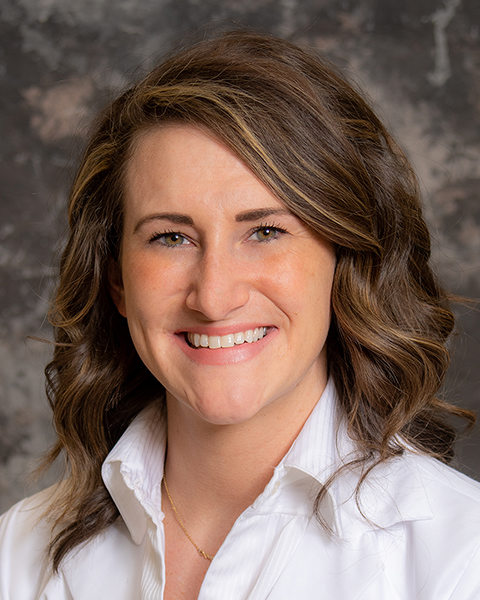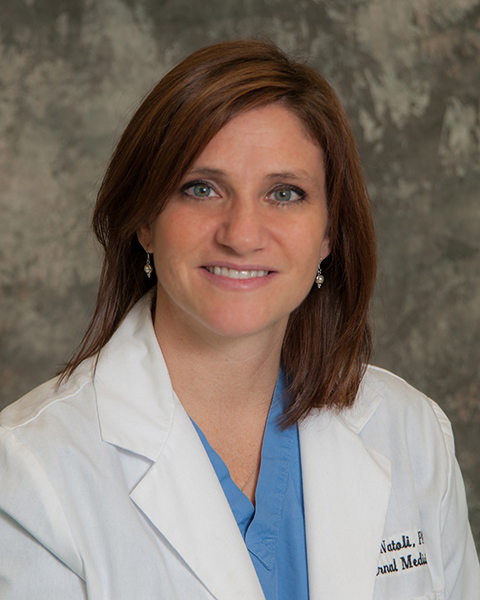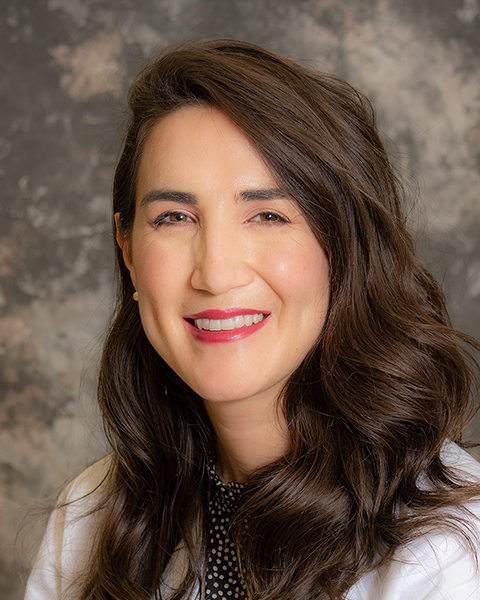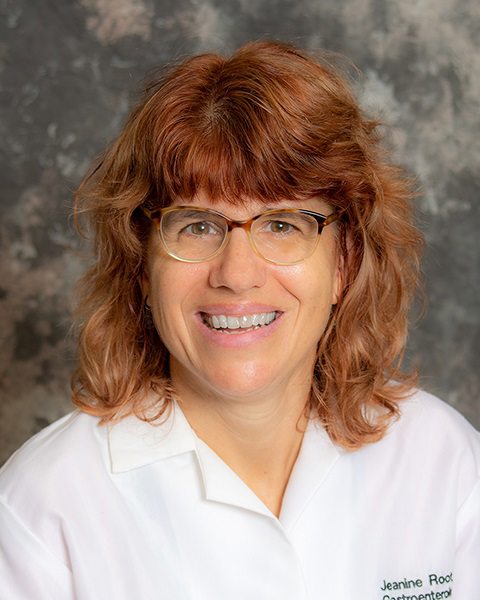
GI Doctor in Pennsylvania
Penn Highlands Gastroenterology
At Penn Highlands Gastroenterology Services, our GI doctors specialize in diagnosing and treating diseases of the esophagus, stomach, small intestine, colon and rectum, pancreas, gallbladder, bile ducts and liver. You can turn to our team of digestive health specialists for routine care, including colonoscopies to check for colorectal cancer, to the most complex GI issues such as Crohn’s disease and irritable bowel syndrome (IBS).
Is It Time to See a GI Doctor?
When it comes to issues affecting the digestive system, many people wonder if their GI symptoms are normal or require seeing a stomach doctor. GI doctors, called gastroenterologists, recommend that if you are experiencing any digestive symptom that is unexplained, causing discomfort or has gone on longer than a couple of weeks, it’s time to seek medical care. Our gastrointestinal specialists throughout central Pennsylvania use advanced testing procedures, such as endoscopy and endoscopic ultrasound, to diagnose the culprit of your digestive tract problems and get you started on treatment to help cure the problem or control symptoms.


Gastroenterology
Gastrointestinal Surgery
Pittsburgh Gastroenterology Associates

Gastroenterology
Penn Highlands Gastroenterology - St. MarysA Service of Penn Highlands DuBois






Gastroenterology
Penn Highlands Gastroenterology - DuBoisA Service of Penn Highlands DuBois
Penn Highlands Gastroenterology - St. MarysA Service of Penn Highlands DuBois

Gastroenterology
Penn Highlands Gastroenterology - DuBoisA Service of Penn Highlands DuBois

Gastroenterology
Penn Highlands Gastroenterology - DuBoisA Service of Penn Highlands DuBois

Gastroenterology
Gastrointestinal Surgery
Pittsburgh Gastroenterology Associates

Gastrointestinal Surgery
General Surgery
Lementowski & Associates Surgery LLC



Gastroenterology
Penn Highlands Gastroenterology - DuBoisA Service of Penn Highlands DuBois

Gastroenterology
Penn Highlands Gastroenterology - DuBoisA Service of Penn Highlands DuBois

Gastroenterology
Penn Highlands Gastroenterology - Clearfield
Penn Highlands Gastroenterology - DuBoisA Service of Penn Highlands DuBois


Gastroenterology
Penn Highlands Gastroenterology - BrookvilleA Service of Penn Highlands DuBois
Penn Highlands Gastroenterology - ClarionA Service of Penn Highlands DuBois
Penn Highlands Gastroenterology - DuBoisA Service of Penn Highlands DuBois
Penn Highlands Gastroenterology - PunxsutawneyA Service of Penn Highlands DuBois




Gastroenterology
Penn Highlands Gastroenterology - DuBoisA Service of Penn Highlands DuBois
Penn Highlands Gastroenterology - St. MarysA Service of Penn Highlands DuBois


Colon cancer is one of the most treatable forms of cancer. Could you be at risk? Take our short quiz. It only takes five minutes!
GI Doctors are Digestive Health Specialists
GI doctors treat a range of stomach conditions as well as issues that affect the GI tract, from the esophagus to the colon. Below are a few of the more common GI conditions our GI doctors treat:
- Unusual or prolonged diarrhea, constipation or bloating
- Blood in the stool
- Heartburn and gastroesophageal reflux disease (GERD)
- Hemorrhoids
- Inflammatory bowel disease (IBD)
- Crohn's disease
- Irritable bowel syndrome (IBS)
- Ulcerative colitis
- Pancreatitis
- Ulcers
Detecting and Preventing Colorectal Cancer
One of the most important screenings GI doctors perform are colonoscopies. This procedure screens for cancer in the colon or rectum and can often detect it very early when it is most treatable and patients are able to achieve complete remission. And because colorectal cancer starts as pre-cancerous polyps, colonoscopies can actually prevent colorectal cancer by finding and removing those polyps before they turn into cancer. Penn Highlands gastroenterologists perform colonoscopies, which are an outpatient procedure done in just a few hours, at all Penn Highlands Healthcare hospitals and the Endoscopy Center in DuBois.
How does a Doctor Check your Stomach?
One of the first things a GI doctor will do when examining your stomach is to conduct a physical exam and press on your stomach. This is a way to check to see if your organs are typical size, if you have pain, and where you may have pain. A GI specialist will also listen to your stomach through a stethoscope as a way to detect anything unusual. Blood tests and imaging tests -- including X-rays, MRI, ultrasounds, and CT scans -- may be recommended based on your stomach symptoms.
If your GI doctor needs a more detailed view of your stomach to make a diagnosis, they may perform an upper endoscopy, colonoscopy, or sigmoidoscopy.
Penn Highlands Healthcare’s Endoscopy Center in DuBois and various operating rooms at other Penn Highlands Hospitals offer an array of procedures to diagnose and treat ailments of the digestive tract including the stomach, colon, small and large intestine, esophagus, liver, and pancreas.
What Doctor Should I see for Stomach Issues?
When looking for a stomach doctor or digestive health specialist, you may benefit from seeing a gastroenterologist. With extensive experience diagnosing and treating conditions that affect the GI tract, gastroenterologists are specifically trained in endoscopies, which include colonoscopy, sigmoidoscopy, and upper endoscopy. Because of this, a GI doctor is sometimes referred to as a colonoscopy doctor, digestive health specialist, or gastrointestinal specialist.
Are colonoscopy and endoscopy the same?
An endoscopy is a procedure performed by a GI doctor to examine the GI tract. A colonoscopy is a type of endoscopy. GI doctors perform colonoscopies to see the inside of the large intestine to screen for colon cancer or other conditions.
There are several different types of endoscopy procedures based on which part of the body is being examined. For stomach pain or issues with the GI tract, one of the following endoscopy procedures may be performed:
- Upper gastrointestinal endoscopy examines the upper GI tract and esophagus. It is also referred to as an esophagogastroduodenoscopy and is inserted through the mouth.
- Enteroscopy examines the small intestine and may be inserted through the mouth or anus.
- Sigmoidoscopy examines the lower portion of the large intestine (sigmoid colon) and rectum and is inserted through the anus.
- Colonoscopy examines the colon and is inserted through the anus.
When Should you see a GI Doctor for Stomach Problems?
If you have sudden, intense, or severe stomach pain, you should see a stomach doctor right away. Based on your symptoms, your condition may be an emergency and you should seek immediate care at your nearest emergency room.
If you have any of the following symptoms, your physician will likely refer you to a GI doctor:
- Rectal bleeding
- Abnormal bowel movements (for you)
- Uncontrollable bowel movements or urges
- Bowel leakage
- Painful cramping
- Stomach pain or bloating
- Throat or upper chest pain
- Discolored bowel or dark urine
- Uncontrolled belching, gas, or heartburn
- Weight loss
- Loss of appetite
- Unexplained lack of energy
Many people suffer from stomach issues that could be improved with lifestyle and diet changes. Read this blog post on how to improve your gut health.

